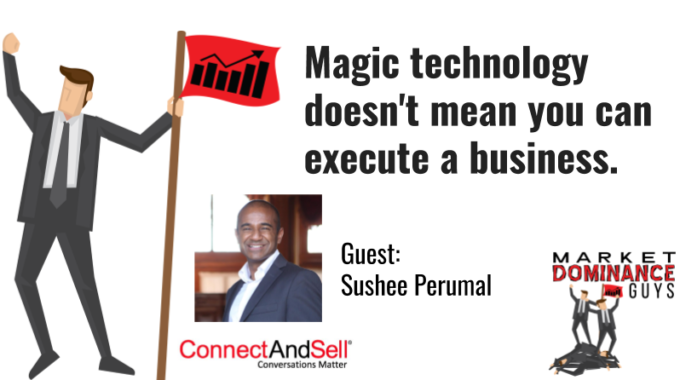
Judiciously Use the Money to Lubricate the Process
I typically advise entrepreneurs to avoid taking VC money if at all possible. The reason is simple: when push comes to shove – and push always comes to shove at some point – you will discover that you and your VCs want different things. At this point, you will discover the real meaning of all that incomprehensible language in the funding documents that now control your company. Meanwhile, along the way, you will get lots of “free” advice. Most of the time, that advice amounts to “Spend money like crazy to grow – logos, users, recurring revenue” and “Do something about that pesky churn.” In big economic downturns, whether due to the business cycle or a global pandemic, the advice actually gets more sane: Get your costs in line with your revenue. You know, that thing that regular old businesses do every day to survive.
My belief is that for most lightweight modern businesses, which are essentially constructed of software, experience, and insights, plus a contrarian belief in some new way of solving an old problem, money is rarely the constraint on market dominance. In almost every case, the constraint is the flow rate of relevant conversations. If you have enough conversations, you will quickly discover product/market fit, find your best early customers, identify a right-sized first market (always a list of companies – never a vague notion handed over to your sales development team to flesh out!), and efficiently dominate your first market. From there, rinse and repeat, with ever more confidence, fueled by (gasp!) profits.
But can you dominate a huge market with lots of intrinsic expansion costs without consistently investing ahead of your revenue? Sushee Perumal, my good friend and our guest this week on Market Dominance Guys, runs just such a business: MaxSold. When you are downsizing or, to put it politely, going out of business as a living organism, Sushee’s team makes your no-longer-needed stuff evaporate, leaving only cash money behind. From the sponge under the sink to the Ferrari in the driveway, it turns from a mix of annoyance and nostalgia into money. And you don’t lift a finger. I wish – in fact, I have begged a bit for this – that MaxSold was up and running in Reno right now. My life would be so much easier.
But that’s the rub. MaxSold works because Sushee’s teams do the work of cataloging, photographing, selling, and moving everything. And that means MaxSold must advance into the market one geographical location at a time. In other words, it isn’t software in the cloud. For MaxSold, the cloud is essential, but so are boots on solid ground. And while Sushee has crushed inefficiencies and cycle times to the max over many years, each unit still costs money to stand up before it is generating a flow of profit. Which means Sushee must consistently invest to dominate. It’s not enough for MaxSold to generate demand for something they can deliver: They have to actually deliver. With talented, dedicated human beings.
Fortunately, Sushee has relevant experience executing this kind of expansion play. The first business he started was an airline, and airplanes – the unit of delivery – don’t come cheap. Let’s hear his story, and the surprising principles he applies to meet the challenges of dominating a market that demands much more than an app and support in the cloud.
And – yes – Sushee just raised some venture money from some very smart (or lucky) VCs. Let’s hear what he has to say about using that money to dominate.
In summary, Sushee uses VC money differently from the “grow at all costs” crowd. For one thing, he made sure MaxSold could reliably deliver real value to real customers while generating real profits. He carefully watched, but didn’t copy, competitors as they spent money on lavish parties and overpriced sales reps. He flew, efficiently and inexpensively piloting his own airplane, to the front lines of the business to make sure he had maximum impact and the first-hand knowledge CEOs need to avoid making fatal mistakes.
Sushee was also aggressive about avoiding unnecessary risk. One thing I learn from every interaction with him is that he uses humility as a business weapon. By that, I mean he brings a learner’s mind to every challenge, makes exactly zero assumptions, and asks those with more experience, in any relevant area, for help in a way that makes them grateful for the opportunity to provide it. It’s hard to compete with a guy who learns faster and more thoroughly than others without giving up decisiveness. And he is decisive!
And patient. So I asked him, “Does this assessment process take 10 years before you put gas in the tank?” His answer may surprise you.
My advice: Let’s be more like Sushee. Be incremental. Be resourceful. Ask for advice – humbly. It helps that he embodies the value of being humble and likable. Get out on the front lines, but don’t get sucked into the weeds. And when the time comes to fuel up and take off – fly like you mean it!
Catch more episodes by subscribing at Market Dominance Guys. They are in all of your favorite podcast venues.
